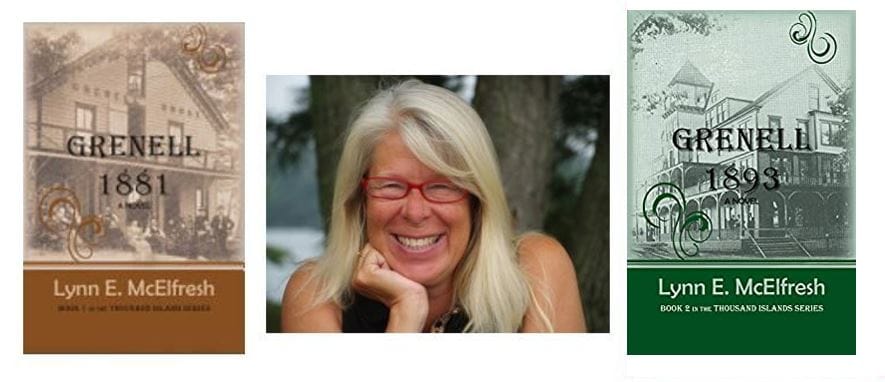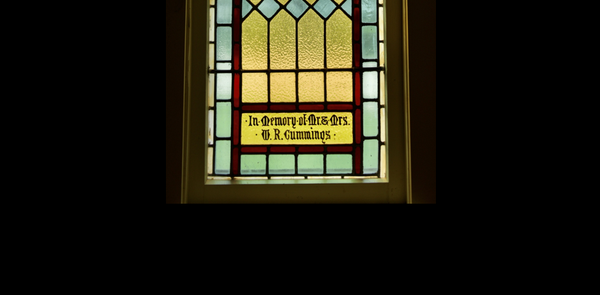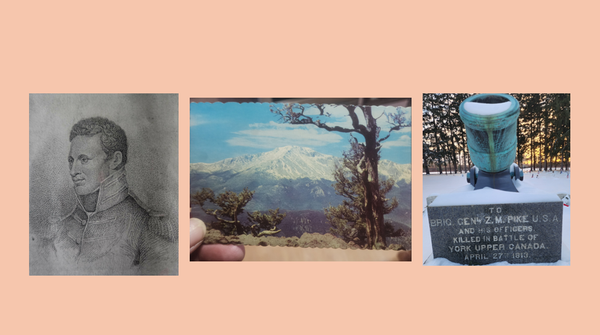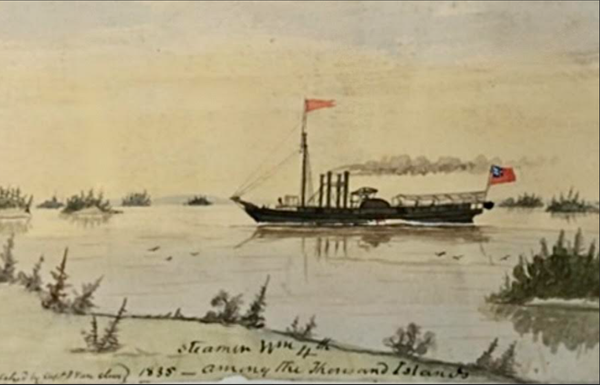All About Lynn McElfresh & Her Books
by: Susan W. Smith
" I loved the first book in the Thousand Island series (Grenell 1881) and was thrilled when the second book came out! I couldn't wait to meet back up with Marguerite, and discover what direction her life had taken, what decisions she had made, and how the people around her were doing. The newest book in the series Grenell 1893 does NOT disappoint ! And again, I am left feeling as I do at the end of every good book; wanting more. The best part is, it doesn't end there, and I look forward to the next leg of the journey!" Janet Smith Staples, Book Review: Grenell 1881 - A Must Read This Summer

All About Lynn McElfresh
Alright Lynn McElfresh, you have done it again! We just received book two, Grenell 1893 in your nine-book series… and you say Grenell 1904, is finished and in the design stage. You have already written over 137 Articles for TI Life… yes, I repeat 137 articles… and now we want to know just who you are and why are you writing nine novels about the Thousand Islands and your special Grenell Island?
Let’s start at the beginning. When did you first know you were a storyteller?
I see myself as a story collector. I knew I wanted to write at age thirteen. I was decades away from knowing how to craft a story. I started by journaling, honing my skills as a story collector by observing, listening, and learning how to ask the right questions. Both my parents loved to tell stories. I thought everyone’s family was like that. When I was nineteen, I came to Grenell Island to meet my fiancé’s family for the first time. Their family had been on Grenell every summer since 1875. Imagine what stories they would have to tell! I waited to hear the stories, but they never came. So I started asking questions.
How did you decide on the Thousand Island Series?
Ideas had been swirling in my head ever since 2011 when I began researching Grenell Island history for the 100th Anniversary of the Grenell Island Improvement Association. More than one person had asked if I would consider writing a sequel to The Story of Grenell—that project didn’t resonate with me. But with all the interesting tidbits of history I’d uncovered, I knew I wanted to write something. Inspiration hit around 35,000 feet somewhere over the North Atlantic. It was the perfect storm—two ideas combined that produce a jolt, which still sizzles within me.
We had just visited Wales, where I’d heard the enchanting story of the Ladies of Llangollen, two 18th century women who broke free of the expectation to marry and raise a family to devote themselves to a life of education. I yearned to write about this struggle, but I didn’t know much about late-18th century Wales. The idea struck like lightning. I may not know much about that time period, but I knew tons about 19th-century Grenell Island. I opened my journal as we winged our way over Greenland and began listing the strong women of Grenell: the Clement sisters, the Griswold sisters, and let's not forget the women on Pratt Point. By the time we landed, the Thousand Island Series was born.

When someone asks you what is the book series about, what is the first thing you want them to know? And then what would be the second?
First and foremost, I want the projected nine-book Thousand Island Series to serve as a time machine. Each book represents one summer on the river that will enable readers to see, hear, and experience the Thousand Islands as they might have been through nine decades: 1881, 1893, 1904, 1912, 1923, 1934, 1945, 1955, and 1961. Copious research went into presenting what makes each decade unique: clothes, language, music, food, day-to-day life, amusements, and social norms.
Secondly, the series focuses on how women’s roles in society changed dramatically from 1881 to 1961. It follows one character's experiences as she navigates these changes and how her perspective evolves as she ages.
Your characters make the book come to life. When did you first meet your Marguerite? ( may seem like a silly question – but I am interested in knowing if you thought of her first, and then decided to write the book – or did you need a character and decided on her!)
The idea for the series came first. I prefer to write from a first-person point of view, so I needed a fictitious narrator for my series.
Marguerite did not spring fully developed onto the blank computer screen. She came in bits and pieces. Some bits are rooted in my own personal experiences—such as being the middle of three sisters. Other aspects of her character come from what I envy—long, thick dark hair, an advanced degree, and the ability to speak multiple languages. So in many ways, Marguerite is the embodiment of who I’d like to be.

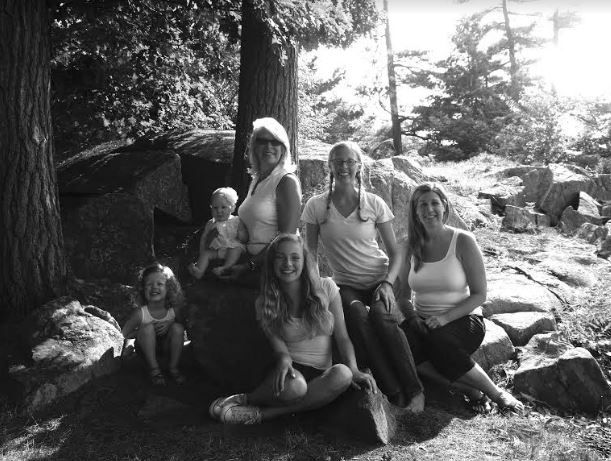
Those of us who have followed your writings know that you are a researcher par-excellence. Can you give us some of your favorite resources?
Each book starts and ends with research. At the beginning, I spend a lot of time in the newspaper archives. My three favorite are nyshistoricnewspapers.org, fultonhistory.com, and newspapers.com. By the end of the process, when I’m in rewriting and polishing mode, I access Google Dictionary a seemingly million times a day to check their Use Over Time Chart to make sure the words I’m using are period-appropriate.
But newspaper accounts and reference books are only a starting point. By far, my favorite resources are fellow islanders. I love stories from my island neighbors: how Tim almost caught a huge pike off his dock during a thunderstorm, how Billie Jo’s grandmother went to bicycle races on Murray Isle, or how Peter once dropped a 25-pound block of ice through the bottom of his skiff and sunk it.
Sometimes, current events find their way into the story. While writing Grenell 1881, I heard my neighbor, a mother of three young children, frantically calling for her two-year-old. I dropped everything and rushed to help search. Thankfully, the child was found before I arrived, but the relieved mother was in tears. The next day, I described the panicked terror I felt when I worried that the missing child might have drowned and incorporated that event into the story.
Writing can be isolating and takes time. What are the hardest parts and the easiest parts?
Joys and frustrations dot the writing process, from brainstorming the first draft to proofreading the galley proof.
Joys are in the discovery of information or new characters who spring to life in my first draft. Hands down, the spot that plagues me most is the ending. I never know exactly how my books will end. I might have an inkling, but even when I’m writing that last chapter—which might end up being the second or third to last chapter—I’m still feeling my way along. Sometimes the ending I come up with even surprises me. That’s always a joy!
Equally tricky is deciding when the manuscript is ready to send to the printer. I always think it needs one more read through. Invariably, I always find something to tweak or polish. In truth, I never really finish a book, I finally just abandon it to start something new.
Finding focus can be difficult. I had a hard time concentrating, the first weeks of quarantine. My playlist saved me. I use music as a prompt. Each book has its own theme song—always an instrumental without words. I start my writing session by putting on headphones and hitting play. It’s as if a switch is flipped and my brain is prompted to focus on Grenell 1904. I also have specific music for research and editing. My playlist helps me focus on the task at hand.
COVID has been both a boon and a bane to my writing. Trips, festivals, reunions, and social gatherings were all canceled. A little part of me did a happy dance. Now I would have more time to write and research! But as I already stated, my best inspiration comes from other islanders and that has been severely limited this season. I need to rub shoulders with my fellow islanders to coax forth an engaging story.

When not writing . . . what do you love to do?
When I’m not writing, I like to be outside on the dock or on the boat, watching the sunset, stargazing, or soaking in the wonders of the natural world around me. I love games and trivia, especially with other people. This summer, I’ve been especially addicted to Samurai Sudoku. After spending a day with words, I like numbers. We love movies. Usually our day ends by watching a good movie or sometimes two.

By Susan W. Smith, Editor, Thousand Islands Life.
_________
Available:
Fishers Landing: Chalks Marina in Fishers Landing.
Clayton: Raks, Michael Ringer Gallery and the Antique Boat Museum.
A-Bay: Cornwall Bros. Store.
Amazon (The price is slightly higher at Amazon)
River Skiff Press Presents
Be sure to join the Facebook page: Thousand Islands Series for descriptions that relate directly to Grenell 1881. You may also contact the author through the page.
Lynn McElfresh
See of of Lynn McElfresh's articles on TI Life here and here!

